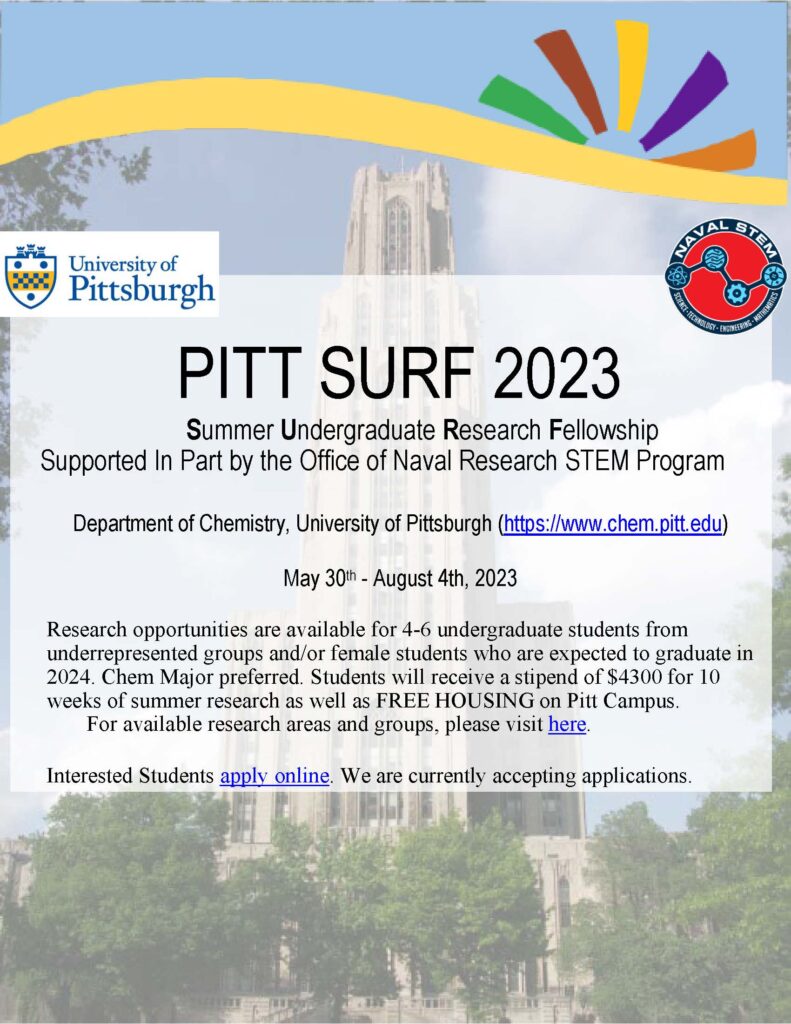Check out the OSU Libraries’ free Graduate Student & Faculty Winter Term Workshops. Of particular note are Illustrator for Scientific Figures, Intro to Git, and Zotero. Registration is required for online workshops and encouraged for in-person sessions. For complete session descriptions, visit the workshop calendar page. Can’t make it to a session? Some of the sessions have online tutorials or recordings:
Questions? Ask Hannah Rempel, hannah.rempel@oregonstate.edu
Intro to GIS: QGIS Basics (In-person)
Friday, January 20, 2023, 9:00am – 11:00am, Autzen Classroom, Valley Library
Researching for the Literature Review (In-person)
Tuesday, January 24, 2023, 10:00am – 11:30am, West Classroom , Valley Library – Main Campus
Tuesday, January 24, 2023, 11:00am – 12:30pm
Wednesday, January 25, 2023, 10:00am – 11:00am, Autzen Classroom, Valley Library – Main Campus
Intermediate/Advanced Zotero (In-person)
Wednesday, January 25, 2023, 11:00am – 12:00pm, Autzen Classroom, Valley Library – Main Campus
Illustrator for Scientific Figures (In-person)
Friday, January 27, 2023, 9:00am – 11:00am, Autzen Classroom, Valley Library
Introductory Research Data Management Workshop, January 30 – February 2 (via Canvas)
Monday, January 30, 2023, asynchronous
Using Qualtrics to Make Great Surveys (via Zoom)
Monday, January 30, 2023, 1:00pm – 3:30pm
Researching for the Literature Review (via Zoom)
Wednesday, February 1, 2023, 10:00am – 11:30am
Copyright and Fair Use in Research and Teaching (via Zoom)
Thursday, February 2, 2023, 2:00pm – 3:00pm
Friday, February 3, 2023, 9:30am – 11:30am
Introduction to MATLAB (via Zoom)
Tuesday, February 7, 2023, 11:00am – 1:00pm
Tuesday, February 14, 2023, 1:00pm – 2:00pm
Intermediate/Advanced Zotero (via Zoom)
Tuesday, February 14, 2023, 2:00pm – 3:00pm
Intro to Git-Beginner (via Zoom)
Tuesday, February 21, 2023, 9:30am – 11:00am
Intro to Git – Intermediate (via Zoom)
Tuesday, February 21, 2023, 11:15am – 12:30pm
Using Qualtrics to Make Great Surveys (in-person)
Thursday, February 23, 2023, 10:00am – 12:30pm, West Classroom , Valley Library
Friday, February 24, 2023, 9:30am – 11:30am
Intro to Git-Beginner (In-Person)
Monday, February 27, 2023, 10:00am – 11:30am, Autzen Classroom, Valley Library
Intro to Git – Intermediate (In-Person)
Monday, February 27, 2023, 11:45am – 1:00pm, Autzen Classroom, Valley Library
Writing Data Management Plans (In-person)
Tuesday, March 7, 2023, 11:00am – 12:30pm, West Classroom , Valley Library



